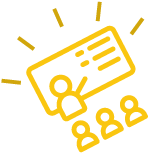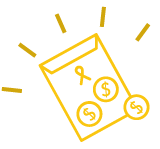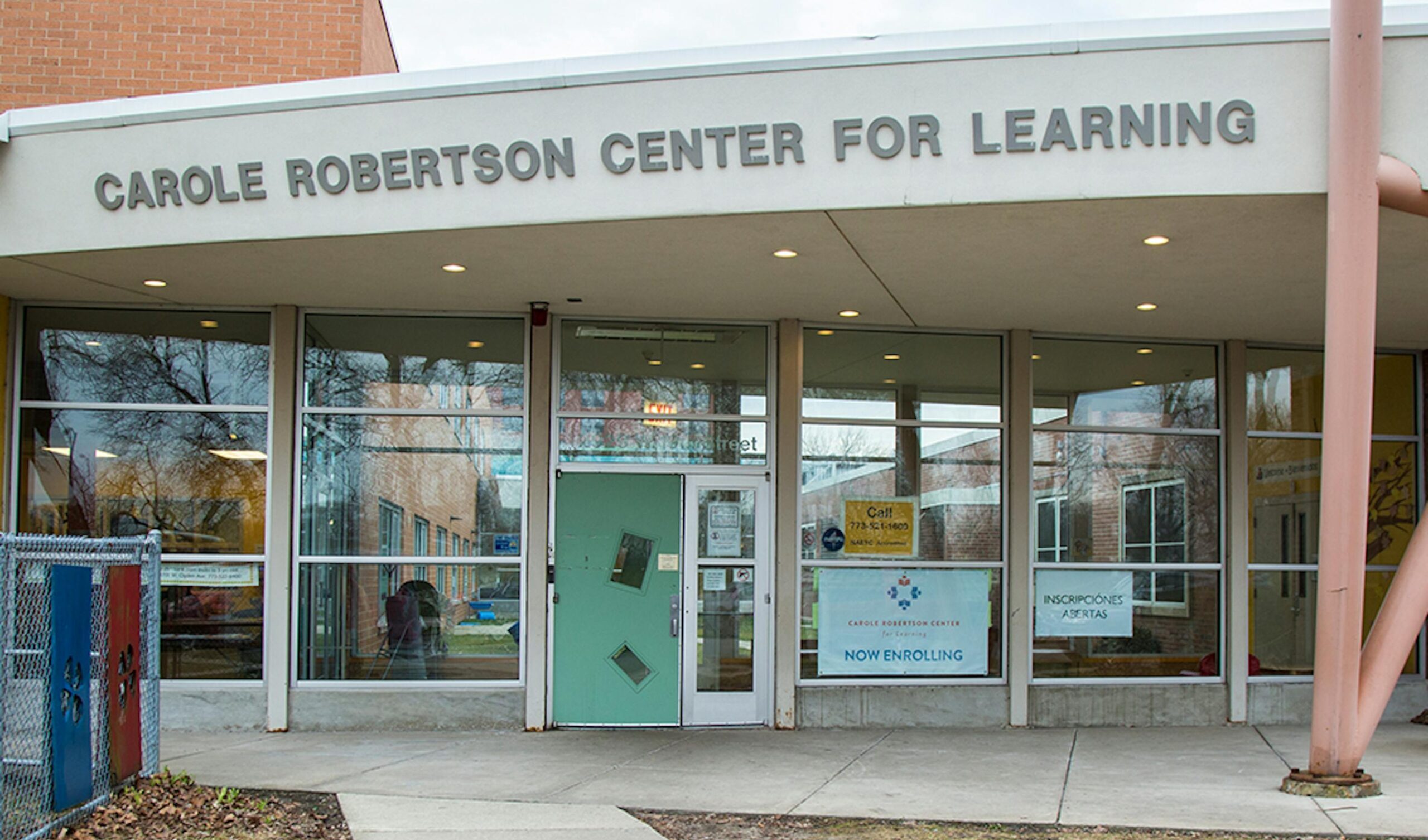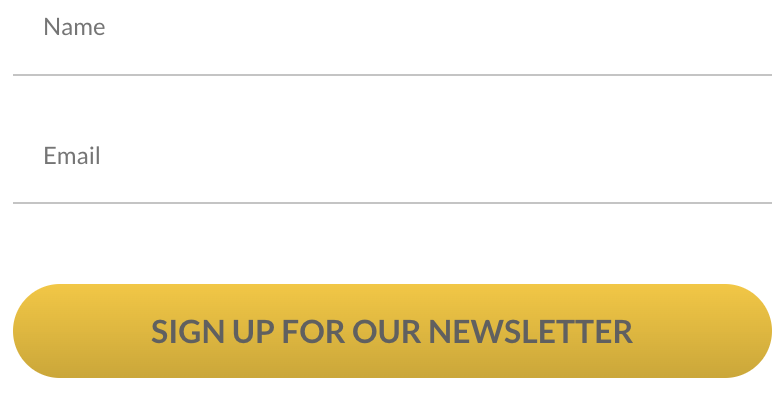AUSL’s Advisory Services program, LiberatED Way, has partnered with The Carole Robertson Center for Learning since 2021. The partnership led to the creation of a student-centered vision for Kindergarten readiness and built the capacity of staff and faculty to engage and collaborate with families.
Through the work, LiberatED Way focused on strengthening family partnerships utilizing the Dual Capacity-Building Framework, a model developed by Dr. Karen Mapp to ensure effective collaboration between families and educational institutions. This framework is foundational to the Center’s mission to nurture strong, authentic relationships with families to improve student outcomes and create a holistic learning environment.
Karen Mapp’s framework for school and family partnership identifies four main types of partnerships –Partnership, Open-Door, Come-If-We-Call, and Fortress Centers.
Assessing Family Perceptions
To start, LiberatED Way surveyed families and staff to better understand the current perceptions of the relationships among families, staff, and the Center. The team facilitated fourteen two-hour development sessions to build the capacity of the staff, create an educator-family compact, and an action plan.
The data demonstrated that while most families and educators fall between Partnership and Open-Door partnership, 22% of the respondents felt disengaged. LiberatED Way’s support focused on how to meaningfully move more families and educators into more collaborative partnerships.
Assessing Perception Data
Dr. Karen Mapp’s Dual Capacity-Building Framework is central to the Center’s approach. This framework is designed to build the capacity of both staff and families to engage in meaningful, productive partnerships that benefit students. The framework is based on four essential components:
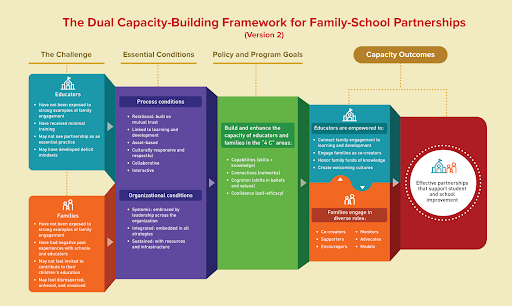
Source: Dual Capacity
Based on the assessment, LiberatED Way identified the following areas of opportunity:
- Linked to Learning: Families want more involvement in their children’s academic progress. Recommendations include offering curriculum-based family workshops and providing real-time student progress tracking through digital platforms.
- Sharing Power: Families seek greater participation in decision-making processes. Strategies include establishing Family Advisory Committees and creating opportunities for families to co-design programs and events.
- Building Relationships: Stronger relationships between teachers and families are needed to enhance engagement. Recommendations include informal meet-and-greets and teacher home visits to foster trust and understanding.
Creating a Strategy for Change
As a result, LiberatED Way focused on strengthening family partnerships with educators by expanding the capacity of families and educators in the Dual Capacity-Building Framework and creating a strategic action plan to target Linked to Learning, Sharing Power, and Building Relationships.
The Carole Robertson Center for Learning is making significant strides in building strong, effective family partnerships. By centering the Dual Capacity-Building Framework, the Center focuses on key areas linked to learning, sharing power, and building trusting relationships.
With a shared commitment to improving student outcomes, the Carole Robertson Center is well-positioned to strengthen its family partnerships and foster community.
Join Us In Strengthening Family Partnerships
If you know a school or district that wants to strengthen their own family partnerships, let us know!




